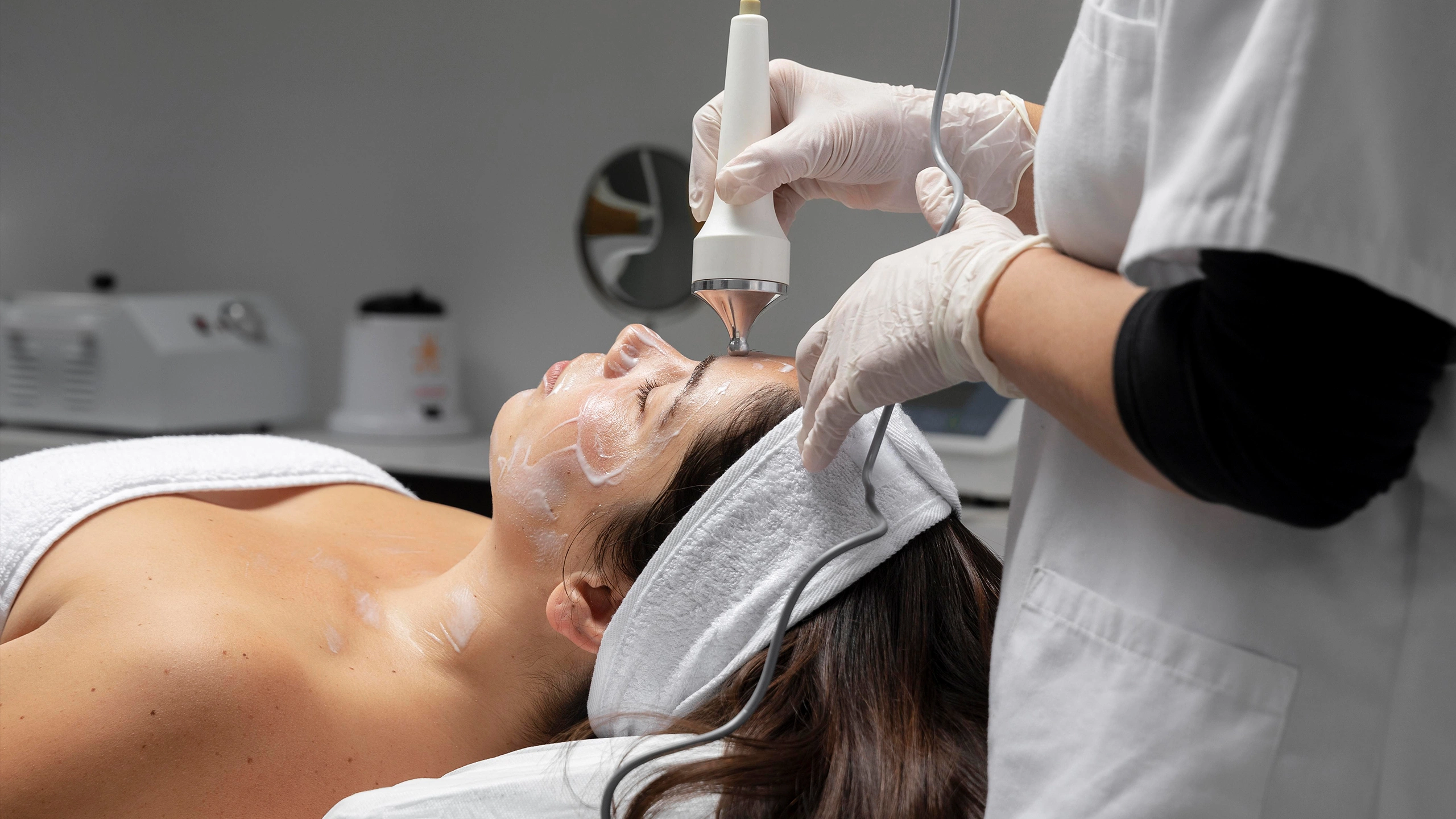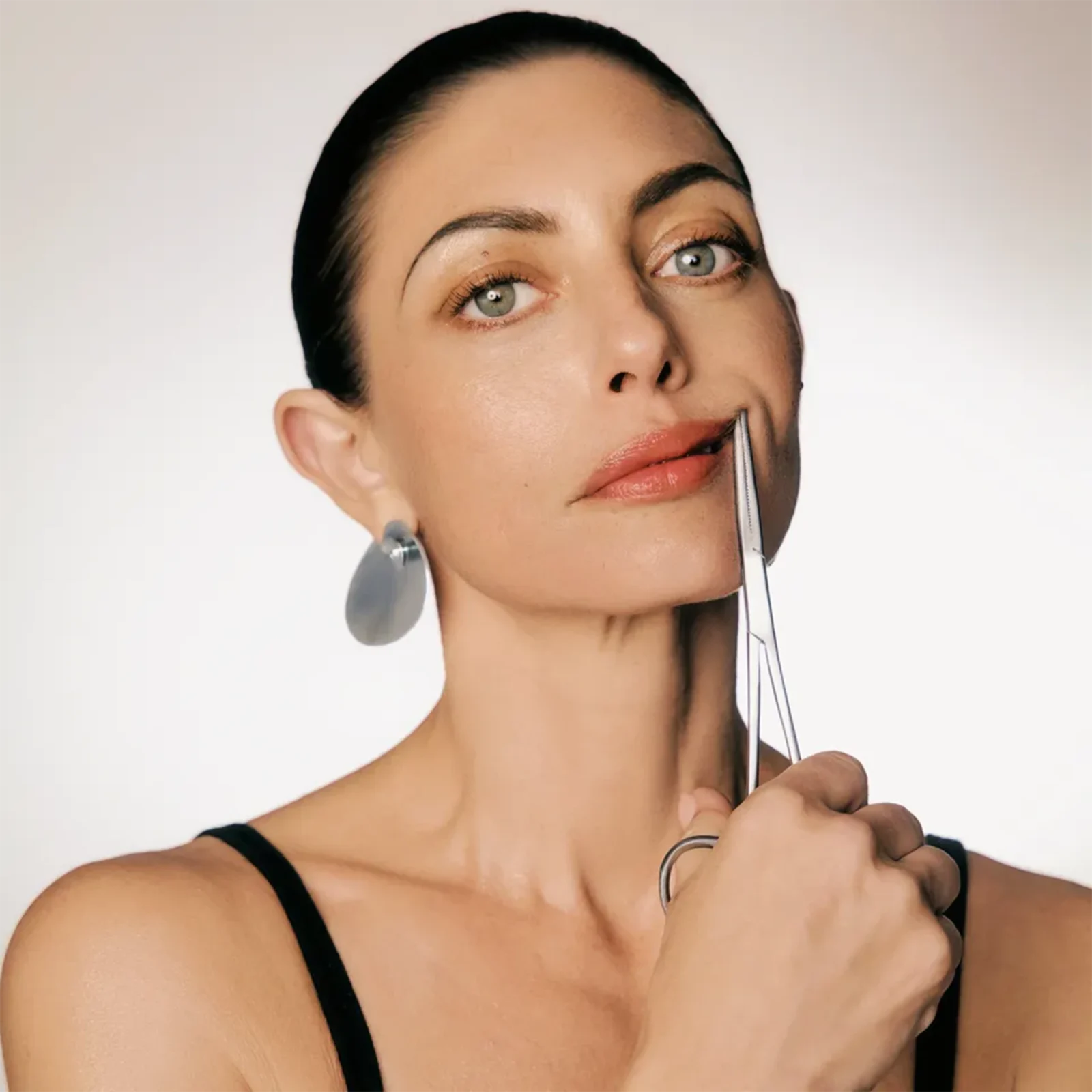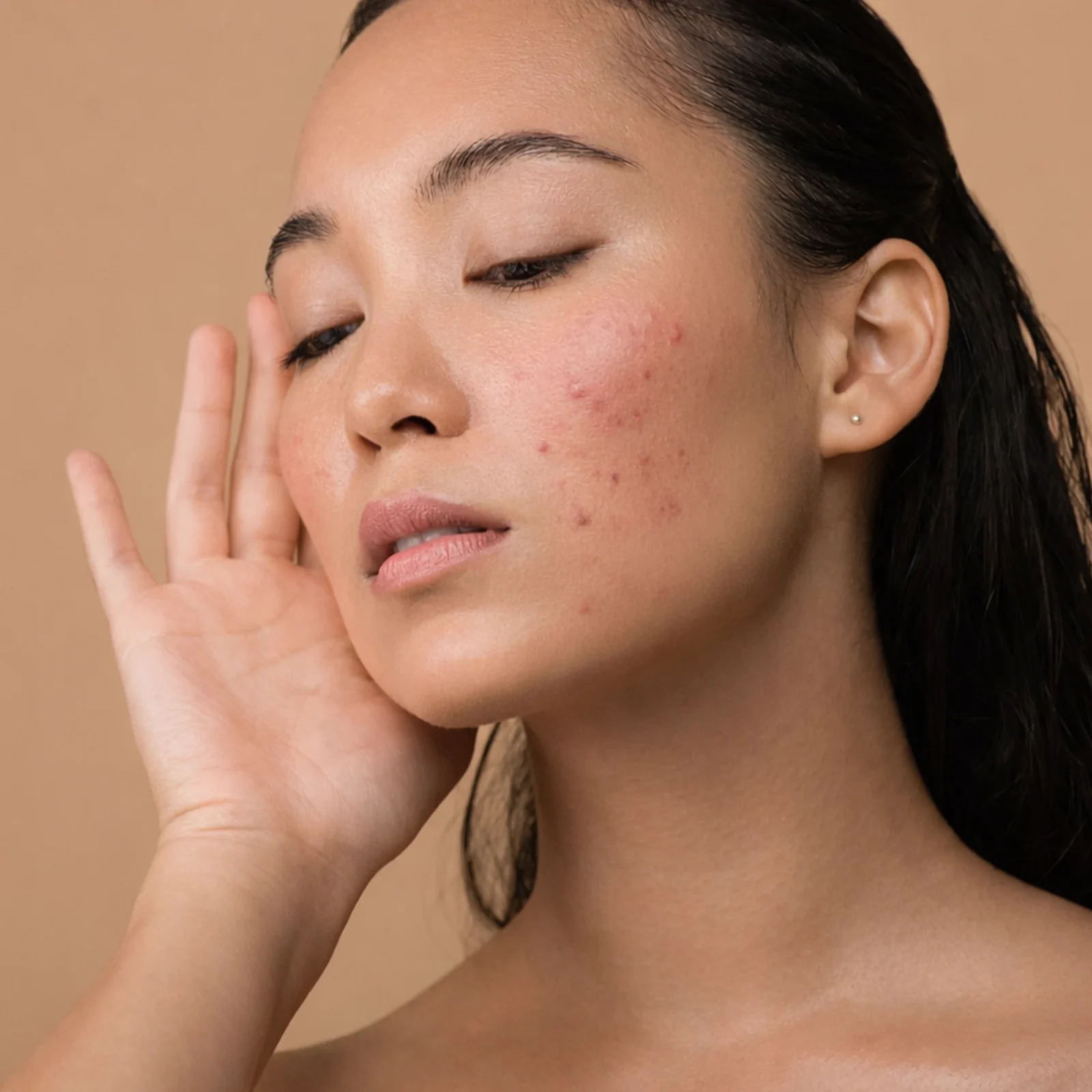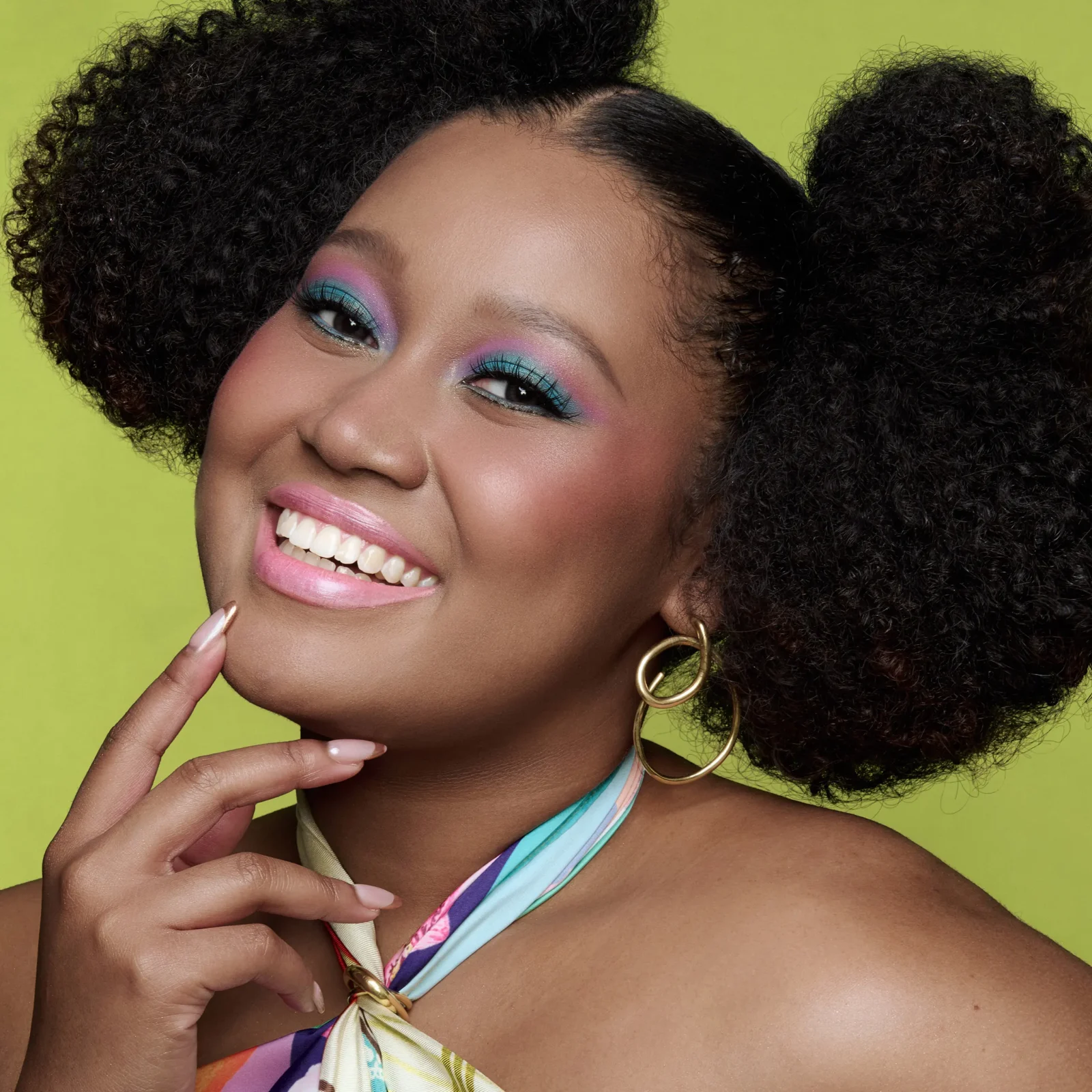7 Skin-Care Mistakes Filipina Dermatologists Want You to Stop Making
Avoid these common skin-care blunders and get the advice dermatologists swear by for healthy, glowing skin.
By Leira Aquino
With the booming popularity of skin care in the Philippines, it’s easy to get lost in a sea of advice from influencers, beauty brands, and self-proclaimed skin experts. But when it comes to real, science-backed skin care guidance, there’s no better source than a board-certified dermatologist.
Because of that, Allure Philippines spoke to six Manila-based board-certified dermatologists—Raissa Pasion, MD, Gaile Robredo-Vitas, MD, Francesca Sy-Alvarado, MD, Anna Palabyab-Rufino, MD, Ada Atilano-Bautista, MD, and Katrina Reyes, MD—to break down the most common skin-care mistakes they see in their practice, and what you should be doing instead for healthier, more radiant skin.
1. Skipping sunscreen to avoid breakouts
We’ve all heard about the importance of sunscreen, but what if you’re someone who avoids it because you think it’ll cause breakouts? That could be a major misstep, according to Dr. Reyes.
“If you choose to skip sunscreen because you’re afraid of breaking out, you’re not helping yourself,” she says. Sun exposure causes abnormal keratin and free radical build-up, both of which contribute to acne.
The solution? Opt for a non-comedogenic sunscreen that won’t clog pores but still offers broad-spectrum protection. Test different sunscreen options and see what works best for your skin.
2. Skipping sunscreen because of your skin tone
It’s a common misconception that those with darker skin tones, such as those with morena skin, don’t need sunscreen.
While it’s true that there is increased protection when you have increased melanin—it’s not enough to exempt you from sunscreen use. “The type of melanin produced in darker skin types is called eumelanin and it’s able to block UV rays and work as an absorbent filter that reduces the penetration of UV rays through the epidermis,” Dr. Palabyab-Rufino explains. However, “this type of protection is not enough to prevent the harmful effects of UV radiation,” she warns.
Dr. Pasion, meanwhile, explains that all skin tones need sun protection. No exceptions. “We are all exposed to the same amount of UV radiation from the sun,” she says, regardless of how much melanin our skin produces.
In fact, according to Dr. Atilano-Bautista, morena skin is “more reactive and sensitive, making it prone to hyperpigmentation from even minor injuries or inflammation.”
3. Relying on non-FDA-approved products and treatments
From viral trends to DIY concoctions, many quick-fix skin care hacks are actually doing more harm than good. Dr. Sy-Alvarado warns against using products or treatments that aren’t FDA-approved, especially IV glutathione for evening out skin tone.
“The intravenous (IV) form of glutathione is not FDA-approved for skin lightening; rather, it is only FDA-approved for patients undergoing chemotherapy with a certain drug with toxicity to the nervous system,” she explains.
4. Focusing on treatments instead of prevention
Some of us have a habit of waiting for issues to worsen before we take action (guilty!). But according to Dr. Robredo-Vitas, a “proactive approach helps maintain the skin’s health, identify and prevent conditions like hyperpigmentation and premature aging from developing or worsening.” She recommends sticking to a preventive routine: consistent sun protection, gentle products tailored to your skin type, and regular check-ins with your dermatologist.
Good skin isn’t just about correcting damage. It’s about preventing it from happening in the first place.
5. Over-exfoliating
Yes, exfoliating helps with skin renewal, but too much of a good thing can backfire. Dr. Sy-Alvarado cautions against excessive use of scrubs or strong chemical exfoliants, which can disrupt your skin barrier, leading to irritation and sensitivity. ”[A habit] I discourage is over-exfoliation with either chemical exfoliants or physical scrubs that mess with the skin barrier,” she stresses.
6. Stressing over acne and picking at your skin
If you’re stressed about your acne and constantly picking at your face, you’re likely making things worse. Dr. Palabyab-Rufino’s advice is to seek help early and consider both skincare and stress management as part of your treatment plan. “The last thing you want is for the acne to cause scarring,” she warns.
7. Neglecting regular skin checks
Prevention starts with awareness, and a trusted dermatologist should be your partner in that journey. Whether it’s acne, pigmentation, or just routine maintenance, regular dermatologist visits can catch concerns before they escalate. This is also particularly helpful in preventing skin cancer or other graver conditions. “Skin tone isn’t the only risk factor for skin cancer, you also have to consider genetics, age, gender etc. which is why it is important for everyone to have a full body skin check,” Dr. Palabyab-Rufino says.
Skin is the largest organ of the body—handle it with care
Taking care of your skin isn’t just about following trends on the internet. It’s about protecting your body’s largest organ and supporting your overall health. Making these mistakes may seem small, but overtime, they can cause significant damage.
The good news? With a few mindful adjustments, you can build a routine that’s not only effective but dermatologist-approved. From wearing sunscreen daily to avoiding sketchy treatments, prevention and consistency are your best allies. So the next time you’re tempted to skip SPF or try a suspicious DIY fix, remember: your skin deserves better.
You might also like
To provide a customized ad experience, we need to know if you are of legal age in your region.
By making a selection, you agree to our Terms & Conditions.








